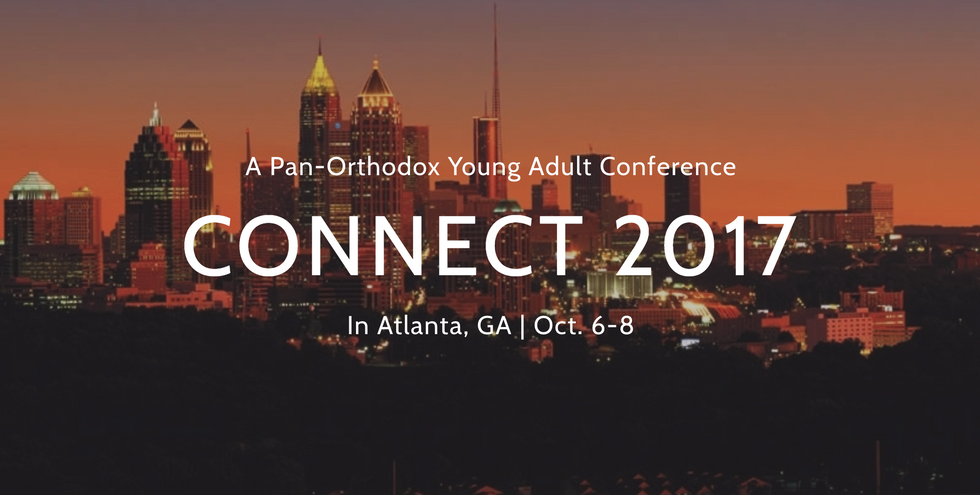Orthodox Christians are a minority in the United States. This is no surprise to those of us who are Orthodox; we are constantly answering the question, “So what exactly is Orthodox Christianity?” to those around us who have never heard of it. If you define an Orthodox Christian as someone who attends services in an Orthodox Church at least twice per year, there are only 1.2 million Orthodox in the United States, making us only 0.4 percent of the population. We are, for all intents and purposes, a rare species.
Furthermore, Orthodoxy, in both its thought and practice, is quite unlike any other form of Christianity. For this reason, it is of utmost importance that we individually learn how to connect to the few Orthodox we come into contact with in order to encourage them to live the faith handed down to us from Christ and the apostles. However, given the scarcity of Orthodox Christians in America, opportunities to do this are few and far between. This is precisely why the Connect Orthodoxy conference was formed: “to better connect us to our faith, the Church, and each other.”
Connect Orthodoxy was a three-day conference for Orthodox young adults held in Atlanta between October 6th and October 8th. For me, it accomplished precisely what it set out to do: I got to meet and have meaningful conversations with other Orthodox and worship with them in the liturgical life of the Church (including morning prayers, Compline, Vespers, Orthros, and Divine Liturgy). We also had the opportunity to attend many lectures from knowledgeable Orthodox speakers on a variety of topics including being Orthodox on purpose, using poetry as a means to be present to the world, living as an icon of Christ, and maintaining meaningful relationships.
The talks fostered important and sustained thought among those in attendance. Fr. Barnabas Powell of Cumming, Georgia, spoke on how to be Orthodox on purpose, especially in a society that is antithetical to an Orthodox way of life. When he commented that our future (or current for some attending) children would probably be the only Orthodox kids in their schools, someone shouted out, “Been there, done that,” which was met with thunderous laughter from rest of the audience. He encouraged us to pray, fast, and participate fully in the life of the Church, while still managing crack jokes and sing old gospel songs along the way. Cameron Lawrence of Atlanta spoke on how his use and production of poetry has been salvific in his life, opening him up to the possibilities of God offers all of us being present in His creation. He urged us to stay awake to those around us and learn to recognize the image of God in them.
Meanwhile, Fr. Anthony Salzman of Watkinsville, Georgia, discussed what it means to live as an icon of Christ despite the influences of post-modernism on our culture. He challenged us to not let relativism box us in and to remain faithful despite societal pressures. Fr. Nicholas Louh and Dr. Roxanne Louh of Jacksonville, Florida, gave us helpful tips for maintaining healthy romantic relationships and friendships, imploring us to love one another as we find each other in spite of all of our faults and insecurities.
Despite all the talks, the most meaningful moments for me occurred during the services and conversations between the lectures. There is something simply amazing and indescribable about over one-hundred Orthodox young adults packed into a small room, chanting from the psalms as part of Vespers. There is something very human and tangible about sharing our experiences and struggles in learning how to become like Christ. These are the unexpected moments that strike the soul with an unparalleled vigor and provide strength for trying times.
I am very thankful for the opportunity I was given to attend Connect Orthodoxy, and especially to Fr. Anthony Salzman (one of my spiritual fathers) and the Connect staff for making that possible on such short notice. I hope that a second Connect event is planned in the future and plan to attend if it again becomes a reality.
















